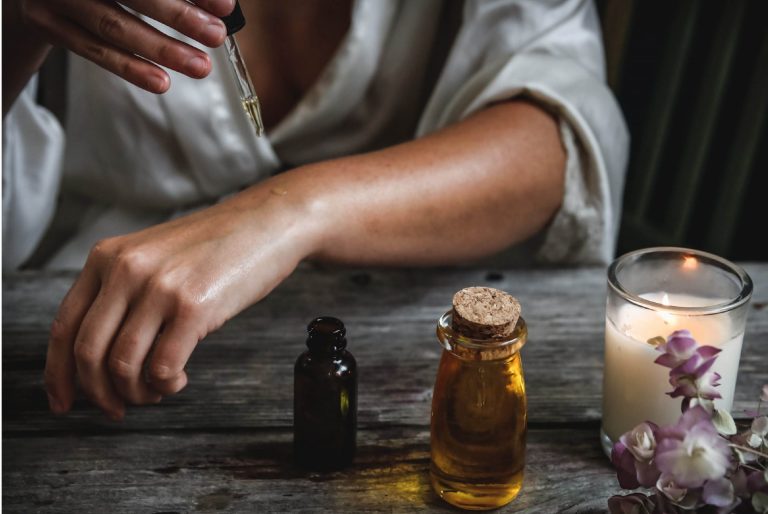by Sarah Halfpenny
-
Aromatherapy isn’t just a new-age practice
The use of aromatic plant oils to bring about positive physiological and emotional change has been documented in ancient texts from various cultures for over 6,000 years. In the 1920s, two Italian doctors observed the effects of oils on the nervous system, pulse and breathing rates, and blood pressure. This clinical approached continued in France in the 1960s, with doctors, scientists and chemists investigating the potential of essential oils. Since then, the industry has gone from strength to strength.
-
The nose knows!
The sense of smell has a powerful effect on our brains. Biologically, the neural networks associated with our sense of smell bypass our ‘thinking’ brain and instead take a direct route to our emotion and memory centres.
-
Healing powers
Research in Ireland has found a few essential oils to be beneficial in fighting the superbugs that are becoming a problem in today’s hospitals. Both cinnamon and thyme essential oils have been shown to be effective in killing Staphylococcus germs on surfaces.
-
It’s a numbers game
Essential oils come from less than 1 percent of all plant species. One lemon contains just five drops of lemon essential oil. To make one pound of lavender oil takes more than 150 pounds of lavender flowers. The Bible has almost 200 references to essential oils, like spikenard, hyssop, rosemary, myrrh and frankincense.
-
Beware of the risks
Some aromatic plant oils (like camphor, pennyroyal and wintergreen) are toxic and should never be used. Others can cause burns or allergic reactions – for this reason you should not ingest or use aromatic plant oils in any orifice or apply it directly to the skin undiluted. Pregnant women or people with asthma and those prone to nose bleeds should consult a doctor before using any oils.





